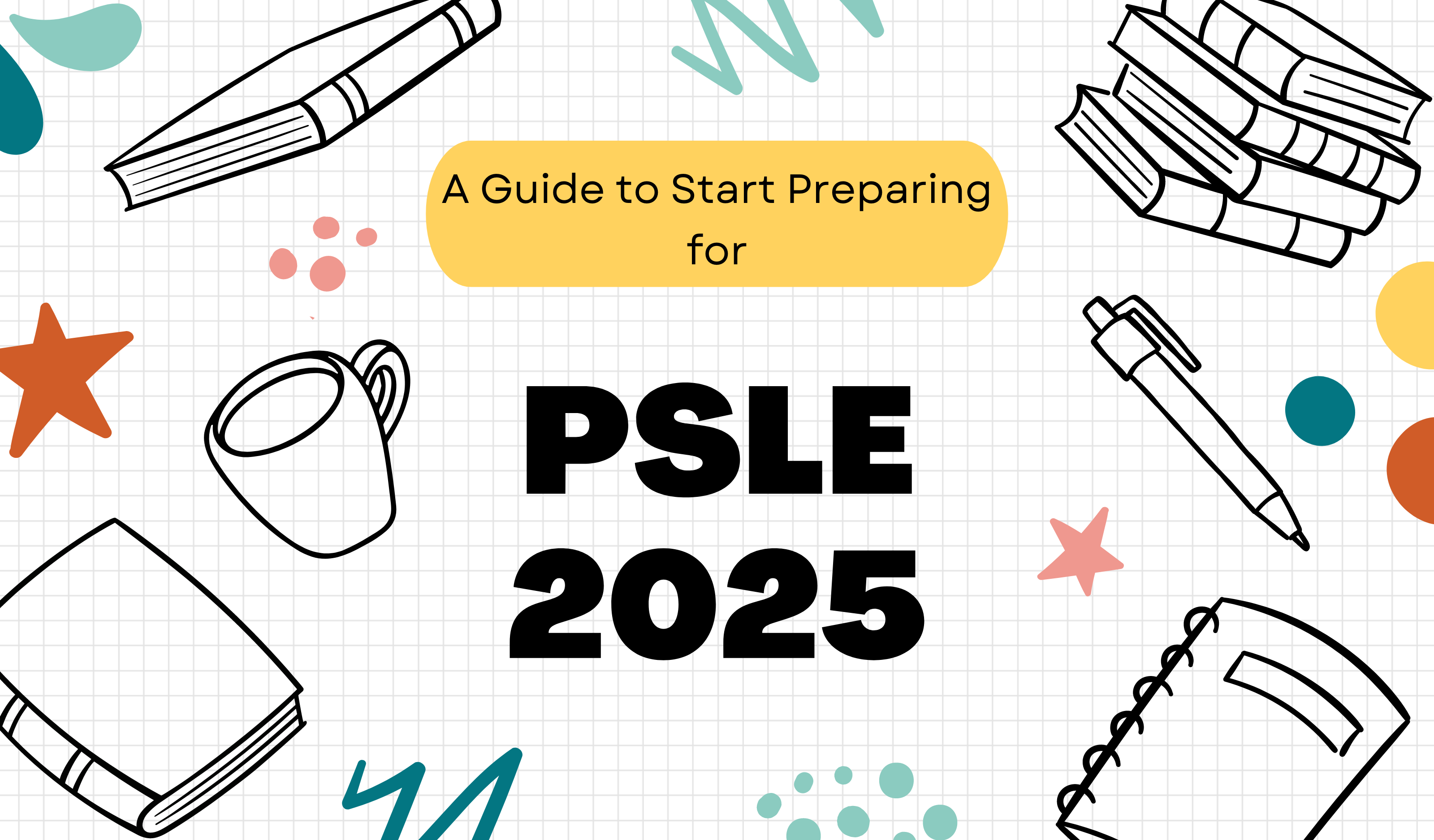As students and parents gear up for the Primary School Leaving Examination (PSLE), it’s never too early to start preparing. The PSLE, which is typically taken by students in their final year of primary school in Singapore, serves as a crucial stepping stone into secondary education. With the exam slated for 2025, now is the perfect time to begin strategizing an effective study plan. In this guide, we’ll explore key preparation strategies, resources, and tips to help students navigate this important journey.
Understanding the PSLE Format
Before diving into preparation methods, it’s essential to understand what the PSLE entails. The exam typically assesses students in four subjects: English Language, Mother Tongue Language, Mathematics, and Science. Each subject tests a range of skills, including critical thinking, problem-solving, and comprehension. Familiarizing yourself with the exam format and types of questions can provide students with a clearer idea of what to expect and reduce anxiety on exam day.
Breakdown of Subjects
English Language: Focuses on reading comprehension, grammar, vocabulary, and writing skills.
Mother Tongue Language: Assesses language proficiency and cultural understanding through various forms of comprehension and composition.
Mathematics: Tests problem-solving abilities, mathematical concepts, and practical applications.
Science: Evaluates understanding of scientific principles, experimental skills, and application of knowledge.
Setting Up a Study Plan
A structured study plan is crucial for effective PSLE preparation. Here’s how to create one:
1. Assess Current Knowledge
Begin by identifying strengths and weaknesses in each subject. Take diagnostic tests or practice papers to gauge your child’s understanding. This assessment will help you focus your study efforts where they are needed most.
2. Create a Timeline
With the PSLE just over a year away, develop a timeline that breaks down the subjects into manageable chunks. Allocate time for each topic, ensuring that there’s flexibility for revisions and unexpected challenges.
3. Daily Study Schedule
Establish a daily routine that balances study time with breaks and leisure activities. Consistent, shorter study sessions tend to be more effective than cramming. Aim for at least 1-2 hours of focused study each day, gradually increasing the duration as the exam approaches.
Effective Study Techniques
1. Active Learning
Encourage active engagement with the material. This can include summarizing notes, teaching concepts to someone else, or discussing topics with peers. Active learning reinforces understanding and retention.
2. Practice Papers
Utilize past PSLE papers and sample questions. This practice familiarizes students with the exam format and time constraints, helping them build confidence. Review answers together to understand mistakes and learn from them.
3. Use Visual Aids
Visual aids like mind maps, flashcards, and diagrams can help clarify complex concepts. Encourage your child to create their own study materials, which can make learning more interactive and enjoyable.
4. Group Study
Consider forming a study group with classmates. Collaborative learning can offer new perspectives and clarify doubts. However, ensure that the group remains focused and productive.
Leveraging Resources
1. Textbooks and Workbooks
Invest in quality textbooks and workbooks aligned with the PSLE syllabus. These resources provide comprehensive coverage of topics and additional practice questions.
2. Online Resources
Take advantage of online platforms that offer PSLE preparation resources. Websites and apps often provide interactive quizzes, video tutorials, and forums for discussion.
3. Tuition and Enrichment Programs
If feasible, consider enrolling your child in tuition classes or enrichment programs. These can provide personalized attention and targeted instruction in weaker areas.
Mental and Physical Well-being
Preparing for the PSLE can be stressful, so it’s essential to maintain a balance between academics and well-being.
1. Encourage Breaks
Incorporate regular breaks into study sessions. Short, frequent breaks can improve focus and prevent burnout. Encourage activities such as sports, hobbies, or family outings to provide a mental refresh.
2. Foster a Positive Mindset
Support your child by fostering a positive attitude towards learning and exams. Celebrate small achievements and encourage resilience in the face of challenges. Remind them that effort is more important than perfection.
3. Healthy Lifestyle
A balanced diet, regular exercise, and adequate sleep are vital for cognitive function and overall well-being. Promote healthy habits to ensure your child is physically and mentally prepared for study sessions.
The Final Countdown
As the PSLE date approaches, intensify the focus on revision. A month before the exam, shift to more intensive revision, practicing under timed conditions. Conduct mock exams to simulate the real test environment.
Final Words
Preparing for the PSLE is a journey that requires dedication, organization, and support. By starting early and implementing a structured study plan, students can build confidence and knowledge leading up to the exam. Remember, it’s not just about passing the PSLE, but also about nurturing a love for learning that will carry into secondary school and beyond. With the right mindset and preparation, success in the PSLE 2025 is within reach.


